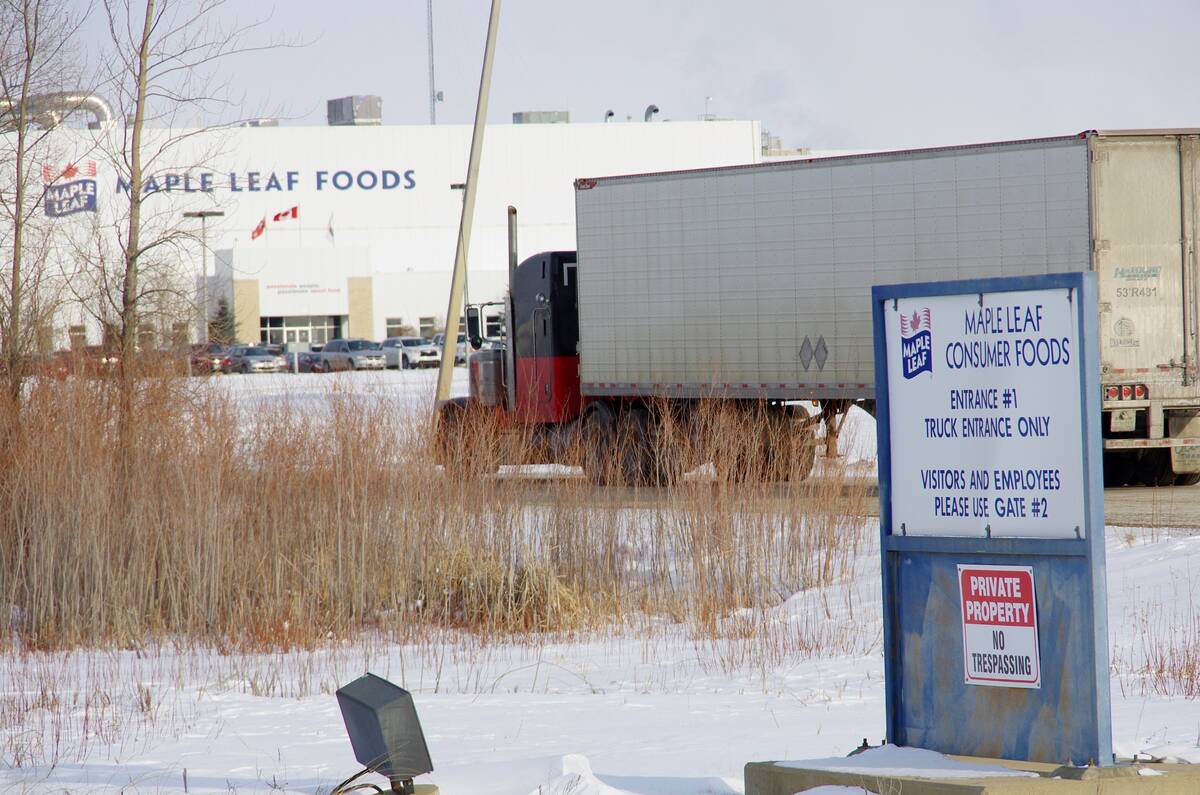It could be months before an investigation is complete on a bull recently diagnosed with tuberculosis in Quebec.
Canadian Food Inspection Agency investigators must determine where the animal might have been exposed to the disease and all animals the bull may have been in contact with must be located for testing and will be slaughtered.
“We have an eradication strategy in Canada so we eliminate all animals that have been in contact with a known positive,” said George Luterbach of the agency. Investigators do not expect an entire herd to be infected.
Read Also

Manitoba pork exports gain new market ground
Manitoba’s pork trade pivoted from China over the last five years, while Japan is remains the largest customer and South Korea and Mexico market footholds have grown
The bull was born in Alberta but spent most of its life on a ranch in British Columbia’s interior. It was part of a herd dispersal sale of about 380 head in August and was sent for slaughter in Quebec, where inspectors found a tuberculosis lesion.
“He was in apparent good health so TB was not suspected by the owner or anybody in between,” said Luterbach.
The Alberta farm is under quarantine and animals are being tested to determine if the infection originated there. All animals traced to the B.C. herd are considered directly exposed and will be tested, destroyed and examined after slaughter for evidence of TB infection. Investigators will also look at animals sold from this farm in the last three years.
“As we do our complete investigation, which is very thorough, we will trace out each and every single animal and we consider recent sales from the farm to be at the same health status as the herd in which this bull came from,” Luterbach said.
Tuberculosis is a reportable disease but Canada’s TB-free status is not affected at this time.
“Our starting premise would be that it is an uncommon but not necessarily eradicated disease in Canadian livestock,” said Luterbach.















